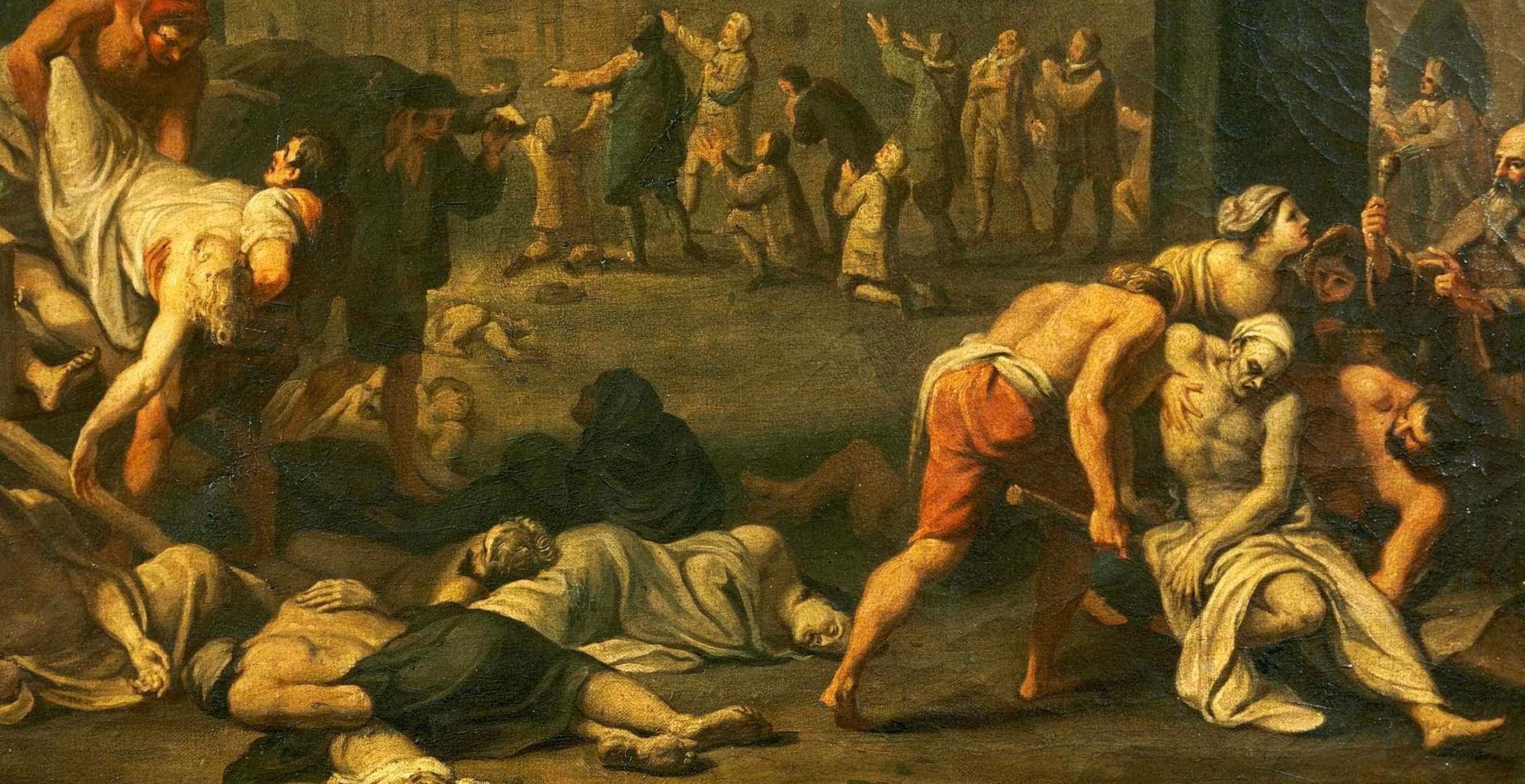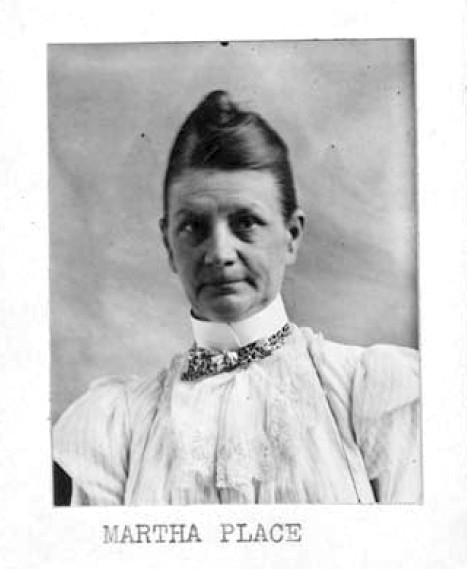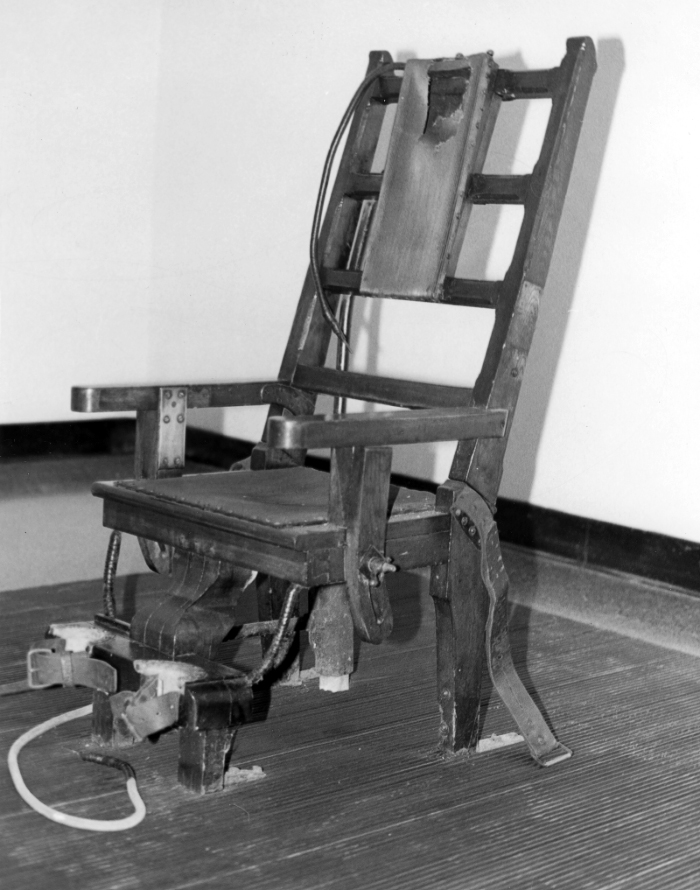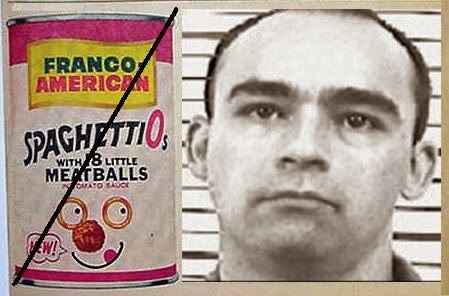The United Nations now recognizes that 'progress' could be measured in the increase in human happiness and well being, not just growing the economy. March 20 has been established as the annual International Day of Happiness and all 193 United Nations member states have adopted a resolution calling for happiness to be given greater priority.
This campaign is a global celebration to mark the United Nations International Day of Happiness. It is coordinated by Action for Happiness, a non-profit movement of people from 160 countries, supported by a partnership of like-minded organizations.
So, given all of the tumult in the world, we land surprisingly 15th on the happiness scale.
Today is the first full day of Spring; hopefully that brings you some sort of happiness.
March 20, 1971 –
Janis Joplin's hit Me and Bobby McGee reached no. #1 on the Billboard Charts on this date. It was her only solo number one single, released on the posthumous album Pearl.
The song was written by Kris Kristofferson, who has written hundreds of songs for a wide variety of artists. Kristofferson would become a successful solo artist and appear in several movies, but it was Janis Joplin's hit cover of this song that brought his career to the next level.
March 20, 1973 -
The TV movie pilot for the series The Police Story, Slow Boy, starring Vic Morrow, Edward Asner, Diane Baker, Chuck Connors, and Harry Guardino premiered on NBC TV on this date.
In the opening stakeout scene, the squad is watching Slow Boy (Chuck Connors) outside a theater showing the movie The New Centurions, which is the movie based on the novel by Joseph Wambaugh.
March 20, 1982 -
Joan Jett and the Blackhearts' single I Love Rock ‘n’ Roll begins a seven week run at #1 on this date.
Jett was touring England as a member of an all teenage girl group called The Runaways when she discovered this song, originally recorded by a British group called The Arrows in 1975. She wanted to record it with The Runaways, but the other members didn't like the song and made the mistake of passing it up. So, in 1979, Jett recorded it with Paul Cook and Steve Jones of The Sex Pistols and released it as a B-side. Finally, in 1981, Jett recorded the song with her band The Blackhearts, resulting in a monster hit.
March 20, 1985 -
For some unknown reason, CBS TV decided to bring back Betty Boop in a TV special, The Romance Of Betty Boop, which aired on this date.
According to the director Bill Melendez, the short was supposed to be a pilot for an animated series.
March 20, 1987 –
Robert Townsend's seminal satirical comedy Hollywood Shuffle, starring Robert Townsend and a whole bunch of the Wayan family premiered on this date.
At the end of the film, Robert Townsend plays a flying black superhero. Six years later, he would star in The Meteor Man, about a flying black superhero.
March 20, 1990 -
Chrysalis Records released Sinead O'Connor's second album, I Do Not Want What I Haven't Got, on this date. The single Nothing Compares 2 U, off the album (written by Prince,) propelled her to stardom.
The title is a good representation of Sinéad's ethos; the album made her very famous thanks to the hit Nothing Compares 2 U, but she found that fame stifling and pushed back against it. All she really wanted was the autonomy to make music on her terms and the financial security to raise her family (she had her first child in 1987).
March 20, 1992 -
Crossing one's legs would never be the same - Basic Instinct starring Michael Douglas and Sharon Stone, premiered on this date.
The character of Nick was originally supposed to be a young man, but after Michael Douglas was cast, his age was described in the script as forty-two (Douglas was actually forty-seven). Michael Douglas had a full facelift before filming began.
Another job posting from The ACME Employment Agency
Today in History:
March 20, 1345 –
According to some very drunk french scholars at the University of Paris, the Black Death was created on this date, from what they called “a triple conjunction of Saturn, Jupiter and Mars in the 40th degree of Aquarius", occurring on this date.
Actually, the bubonic plague came from infected fleas from sickened and dead rats and at its peak, the disease wiped out over a third of Europe. (This will be on the test.)
March 20, 1413 -
During his lifetime it had been predicted that King Henry IV would die in Jerusalem. The king himself took this to mean that he would die on Crusade. Rather wisely he kept away from entering the holy city – wouldn’t you?
As it happened on this date, Henry visited the Abbot of Westminster's house and has a massive coronary as he entered the Jerusalem Chamber in Westminster Abbey.
On March 20, 1815, Napoleon Bonaparte entered Paris and began his "Hundred Days" rule (from March 20 to July 8, 1815 ), which lasted 111 days. Days were measures in the metric system back then.
Napoleon was accompanied by a regular army of 140,000 and a volunteer force of around 200,000, Napoleon again became ruler of France. The period of Napoleon's last period of power in France, from March 20 to July 8, 1815 is often called the Hundred Days. It is in fact 111 days.
March 20, 1828 -
Let's drink a toast of Aquavit to the playwright Henrik Ibsen, born in Skien, Norway on this date. He was a small time cherry herring bootlegger and an assistant stage manager for a new theater, where it was his job to produce a new drama each year based on Norway's glorious past. He produced a number of plays, but none got any attention (owning much to the fact that while it was true that Norway did have a past - most of it was quite boring. None of it was glorious.) Overworked, under paid and very cold, he applied to the government for a stipend to study the fjords. The government decided to give him one to to travel abroad, and off he went. He spent the next 27 years living in Italy and Germany, pining for the fjords.
He found that by leaving his homeland, he could finally thaw out and see Norway clearly, and he began to work on creating a true Norwegian drama. At a time when most people were writing plays full of sword fights and murders, Ibsen started to write plays about relationships between ordinary people. The type of people that have terrible social diseases, suicidal tendencies, murderous intent in their heart, incestuous thoughts and old leches - the ordinary people of Norway.
He used dialogue rather than monologues to reveal his characters' emotions, and he stopped writing in verse. He said, "We are no longer living in the age of Shakespeare. ... What I desire to depict [are] human beings, and therefore I [will] not let them talk the language of the gods." Except he said that in Norwegian.
One of Ibsen's first important plays was A Doll's House (1879), about a woman named Nora who refuses to obey her husband and eventually leaves him, walking out of the house and slamming the door in the final scene. When it was first produced, European audiences were shocked, and it sparked debate about women's rights, divorce and home improvements across the continent. It also changed the style of acting. At the time, most actors were praised for their ability to deliver long poetic speeches and avoiding bumping into the furniture, but Ibsen emphasized small gestures, the inflection of certain words, and pauses, and he inspired a new generation of actors to begin embodying the characters they played.
A Doll's House made Ibsen a celebrity across Europe. His play Ghosts (1881) came out two years later. It's frank depiction of pottery making further scandalized the theatre going population.
Henrik Ibsen said, "You should never have your best trousers on when you go out to fight for freedom and truth. You should also never wear them when mucking out the toilets of the theatre. Have you seen what these actors eat?"
There is only one known picture in which Ibsen smiles. And yes, he was passing gas at the time.
March 20, 1899 -
Martha M. Place, the first woman to be honored with a warm seat in the electric chair, for the bloody murder of her 17 year old stepdaughter Ida, died at Sing-Sing Prison on this date.
Having never executed a woman in the electric chair, those responsible for carrying out the death warrant devised a new way to place the electrodes upon her. They decided to slit her dress and place the electrode on her ankle. Edwin Davis was the executioner. According to the reports of witnesses, she died instantly (having a large amount of electric course through your body normally results in ones death).
The governor of the State of New York Theodore Roosevelt was asked to pardon Place, but he refused. "Bully!"
Martha Place was buried in the family cemetery plot in East Millstone, New Jersey without religious observances.
March 20, 1900 -
Nikola Tesla received a patent (US 645576 A) for the wireless transmission of electric power on this date.
Early radio antennas and telegraphy used the invention, but variations of the coil can also do things that are just plain cool - like shoot lightning bolts, send electric currents through the body and create electron winds.
March 20, 1917 -
Does anybody here remember Vera Lynn?
Dame Vera Lynn, actress and singer, who was enormously popular during World War II, was born on this date. A few years ago, she broke her own record as the oldest living artist to release an album on the British charts, at the age of 100.
March 20, 1928 -
Remarkably, Fred Rogers was born today in Mr. Rogers' Neighborhood,
and not some other place.
March 20, 1969 -
Small town musician (John Lennon) married unknown conceptual artist (Yoko Ono) on this date.
I wonder what ever happened to them.
March 20, 1985 -
Libby Riddles made history on this date when she became the first woman to win the grueling 1,049-mile Iditarod Sled Dog Race, after a daring move across Norton Sound in a deadly blizzard.
She was named 1985 Sports Woman of the Year by the Women’s Sports Foundation and honored by the Iditarod veterinarians with the 1985 Leonhard Seppala Humanitarian Award for her humane treatment of her dogs. In addition, her two lead dogs, Dugan and Sister, won the 1985 Golden Harness Award that year.
March 20, 1995 -
The last words of Thomas J. Grasso, executed in Oklahoma by lethal injection on this date: "I did not get my Spaghetti-O's, I got spaghetti. I want the press to know this."
Duly noted Mr. Grasso.
March 20, 1995 –
The Aum Shinrikyo (Supreme Truth) cult released Sarin gas into the Tokyo subway system, killing a dozen people and sickening thousands.
The attack was the worst in modern Japanese history, and prompted global concern about terrorist groups obtaining chemical weapons.
And so it goes.









Yours truly appeared in a college student production of Ibsen's "An Enemy of the People" thereby cementing a lifelong distaste for Ibsen. But I did marry a Norwegian and am quite happy about that.
ReplyDelete